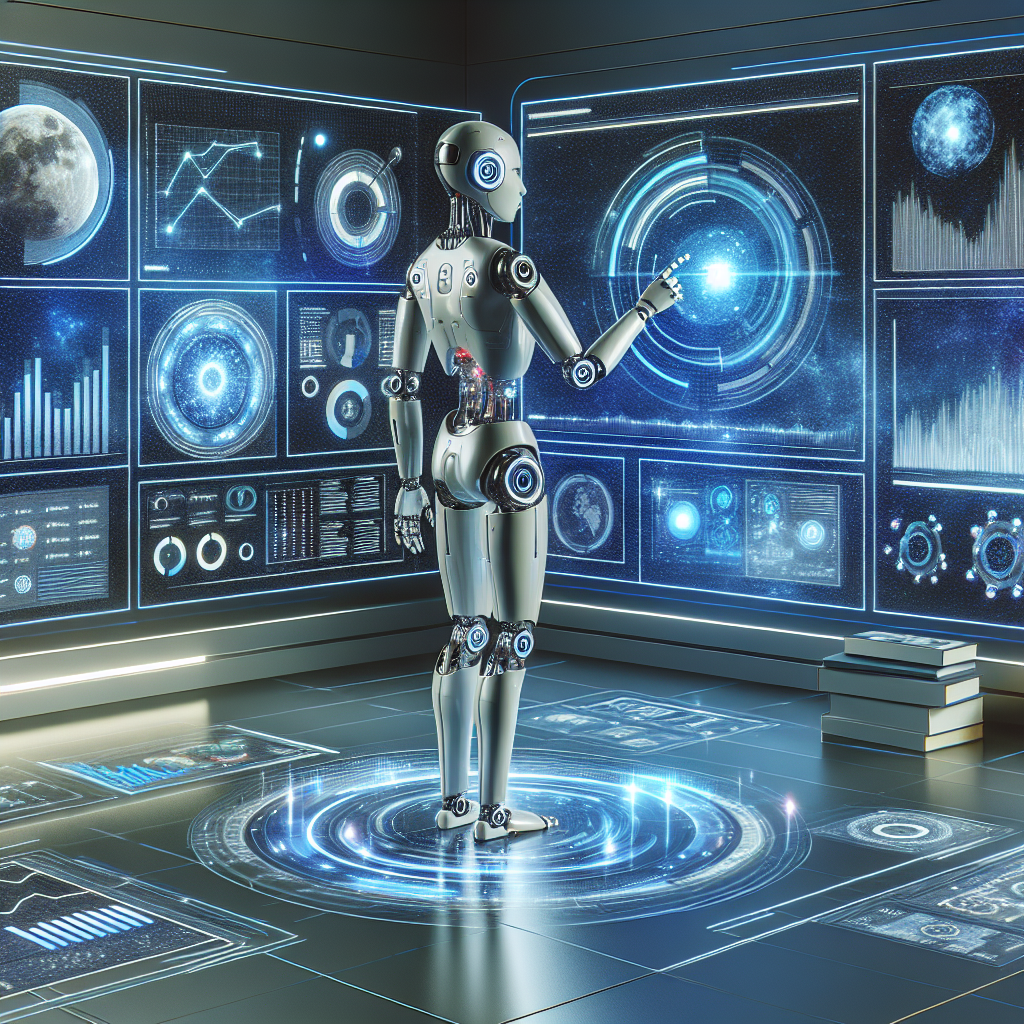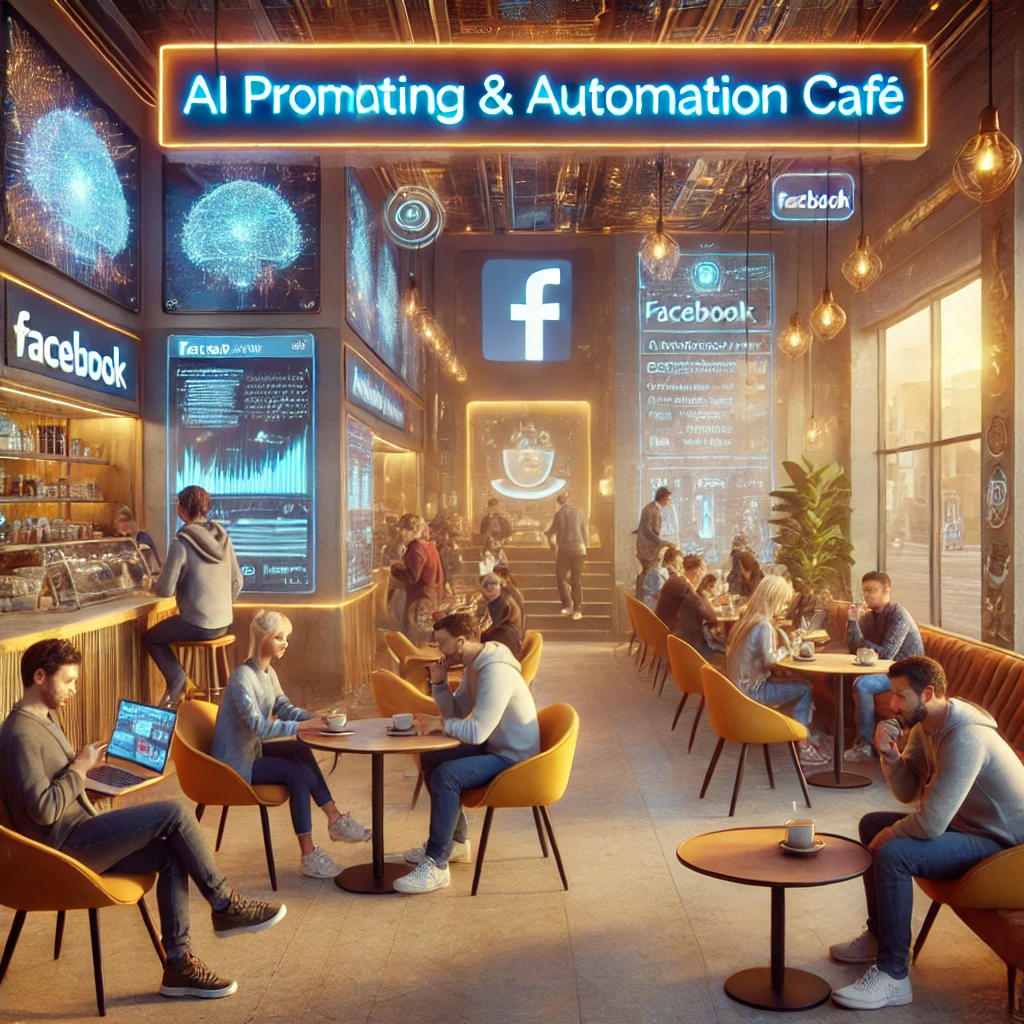Introduction: A New Era for Social Media
The landscape of social media is undergoing a massive transformation in 2025, and at the heart of this change is Artificial Intelligence (AI). From driving user engagement to streamlining content creation and amplifying monetization strategies, AI is fundamentally reshaping how platforms and creators operate. Businesses, influencers, and marketers must adopt AI-driven innovations to stay ahead in a highly competitive environment.
The Expanding Role of AI in Social Media Growth
1. Hyper-Personalized Content Curation
One of the most noticeable impacts of AI on social media is the explosion of hyper-personalized content. Algorithms are now more sophisticated than ever, capable of learning user preferences in real-time.
- Dynamic Content Feeds: AI analyzes behavior patterns, engagement history, and search activity to deliver highly tailored content, increasing user retention and satisfaction.
- Predictive Analytics: Platforms utilize machine learning to predict what type of content users are most likely to engage with next, creating seamless and immersive experiences.
This level of customization not only keeps users glued longer but also ensures advertisers can target audiences more efficiently.
2. Optimized Audience Targeting
Audience segmentation has reached new heights thanks to AI capabilities. Sophisticated tools allow marketers to move beyond basic demographics and tap into psychographics, behavioral data, and purchase intent indicators.
- Micro-Segmentation: Brands are now able to develop customized strategies for highly specific segments of consumers.
- Real-Time Adjustments: AI-driven ad strategies are flexible, updating in real time based on the latest consumer behaviors and trends.
With improved targeting, advertisers see better conversion rates and reduced cost-per-acquisition, making social media advertising more lucrative than ever.
3. Automated Social Engagement
In 2025, social media growth is increasingly driven through AI-fueled automation tools that respond and interact with audiences.
- Smart Chatbots: These bots are not just answering FAQs but can now engage in complex conversations, convert leads, and even recommend products based on user preferences.
- Autonomous Comment Moderation: AI tools ensure community guidelines are adhered to while maintaining authentic user experiences without the need for constant manual oversight.
Such automation saves time and allows brands to focus on strategic content creation and customer relationship refinement.
Content Creation Revolutionized by AI
1. AI-Generated Content at Scale
Content creation is no longer restricted by human limits. With AI tools, creators can generate high-quality visuals, videos, and copy at unprecedented speeds.
- Deep Learning Models: Platforms like OpenAI and MidJourney employ neural networks to create realistic images, videos, and even entire marketing campaigns based on minimal inputs.
- Personalized Storylines: AI crafts narratives tailored to individual user personas, ensuring stronger emotional connections and higher engagement rates.
Creative professionals are now working alongside AI to supercharge their production capabilities, shifting the focus from manual effort to strategic ideation.
2. Virtual Influencers and Synthetic Media
2025 sees a rise in virtual influencers—digitally created personas powered by AI.
- Cost-Effective Promotions: Brands collaborate with AI-generated influencers who require no contracts, rest, or negotiations.
- Controlled Branding: Synthetic media allows brands to maintain full control over messaging without human unpredictability.
While consumers initially approached virtual influencers with skepticism, well-designed AI characters now attract genuine fandoms, offering brands new, exciting avenues for promotion.
Monetization: Smarter and Faster with AI
1. Advanced Revenue Insights
Understanding and optimizing revenue streams has never been easier. AI dashboards provide deep insights into which strategies deliver maximum ROI.
- Attribution Modeling: AI models help determine which touchpoints lead to conversions, enabling better resource allocation.
- LTV Prediction: Platforms predict the Lifetime Value (LTV) of each customer, allowing brands to fine-tune loyalty rewards and retargeting strategies.
By leveraging these insights, brands and creators make smarter, data-backed financial decisions and maximize their earnings potential.
2. AI-Powered Subscription Models
As advertising fatigue grows among users, subscription-based models supported by AI are flourishing.
- Customized Membership Offers: AI tools analyze user engagement to propose personalized subscription packages, increasing conversion rates.
- Flexible Pricing Adjustments: Machine learning adjusts subscription prices dynamically based on user willingness to pay, optimizing revenue without alienating audiences.
This nuanced approach helps platforms to diversify income streams beyond just ad revenue and sponsorships.
3. Smarter Influencer Partnerships
Finding the right influencer to promote products or services is no longer a guessing game.
- Influencer Matching Algorithms: AI analyzes a massive range of data points, including engagement authenticity, audience demographics, and content style.
- Performance Forecasting: Predictive models estimate the potential outcomes of partnerships before campaigns even launch, allowing for better planning and ROI prediction.
This strategic use of AI removes much of the ambiguity from influencer marketing, ensuring brands get better results for their investment.
Challenges Ahead for AI in Social Media
Despite the many benefits, AI-driven social media growth comes with challenges that must be carefully navigated.
1. Privacy Concerns
Growing apprehension around how user data is collected and analyzed persists.
- Regulatory Changes: Governments are enforcing stricter data privacy laws, making it essential for platforms and advertisers to remain fully compliant.
- User Trust: Transparency in how AI models use data can make or break brand reputation in the AI-driven era.
2. Algorithmic Bias and Content Authenticity
AI algorithms are not immune to bias, and heavily AI-generated content might affect credibility.
- Bias Mitigation: Developers must prioritize fair and ethical AI development practices to avoid societal harm and biased outputs.
- Authenticity Verification: Platforms are adopting blockchain verification systems to assure users of content credibility and originality.
The Road Ahead: Embracing the AI Revolution
As 2025 unfolds, it’s clear that AI is not just an optional asset but a core pillar for social media success. Brands, creators, and platforms that embrace these technological shifts will enjoy exponential growth through highly personalized experiences, efficient monetization methods, and intelligent content strategies.
However, those who fail to adapt may find themselves left behind in a rapidly evolving digital ecosystem. Acting responsibly and creatively with AI will be crucial to not only surviving but thriving in the future of social media.






